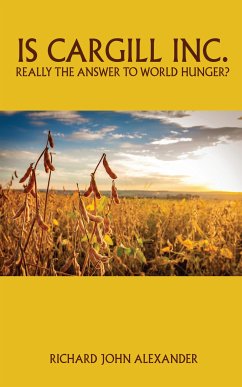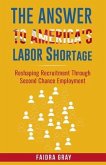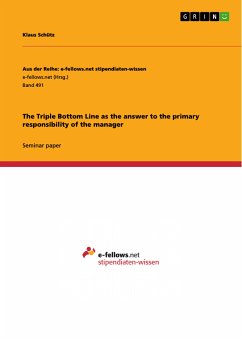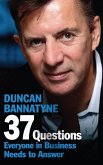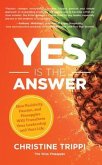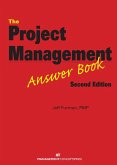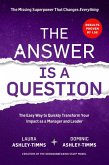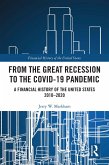The book looks at the history and contemporary position of Cargill Inc. and relates how it has become the largest transnational agri-commodity trader in the world over the years. It surveys some of the agricultural-food products Cargill trades in, including soya, cocoa, palm oil, meat and dairy products. In particular the book analytically examines, whether the company engages in environmentally or ecologically good practice. The discussion of Cargill's producing and trading food globally is framed within a set of ecocritical principles. The book focuses on what Cargill says they do and it investigates the manner in which they say they are doing things. It discusses how the company, Cargill, is keen to present itself as a sustainable corporation. The story it presents to the world maintains that it protects animal welfare, the environment and people, among other things, in all its operations. The language it employs on its corporate websites is subjected to close analysis. The book describes how from an ecological and economic perspective Cargill has enveloped the global food production system with its network of offices and facilities. Along the way, its various activities are held to have contributed immensely to the ecological and environmental degradation of the physical world. Industrial agriculture and the food industry are seen by some observers almost as big a driver of climate change as fossil fuels.
Dieser Download kann aus rechtlichen Gründen nur mit Rechnungsadresse in A, B, BG, CY, CZ, D, DK, EW, E, FIN, F, GR, H, IRL, I, LT, L, LR, M, NL, PL, P, R, S, SLO, SK ausgeliefert werden.

